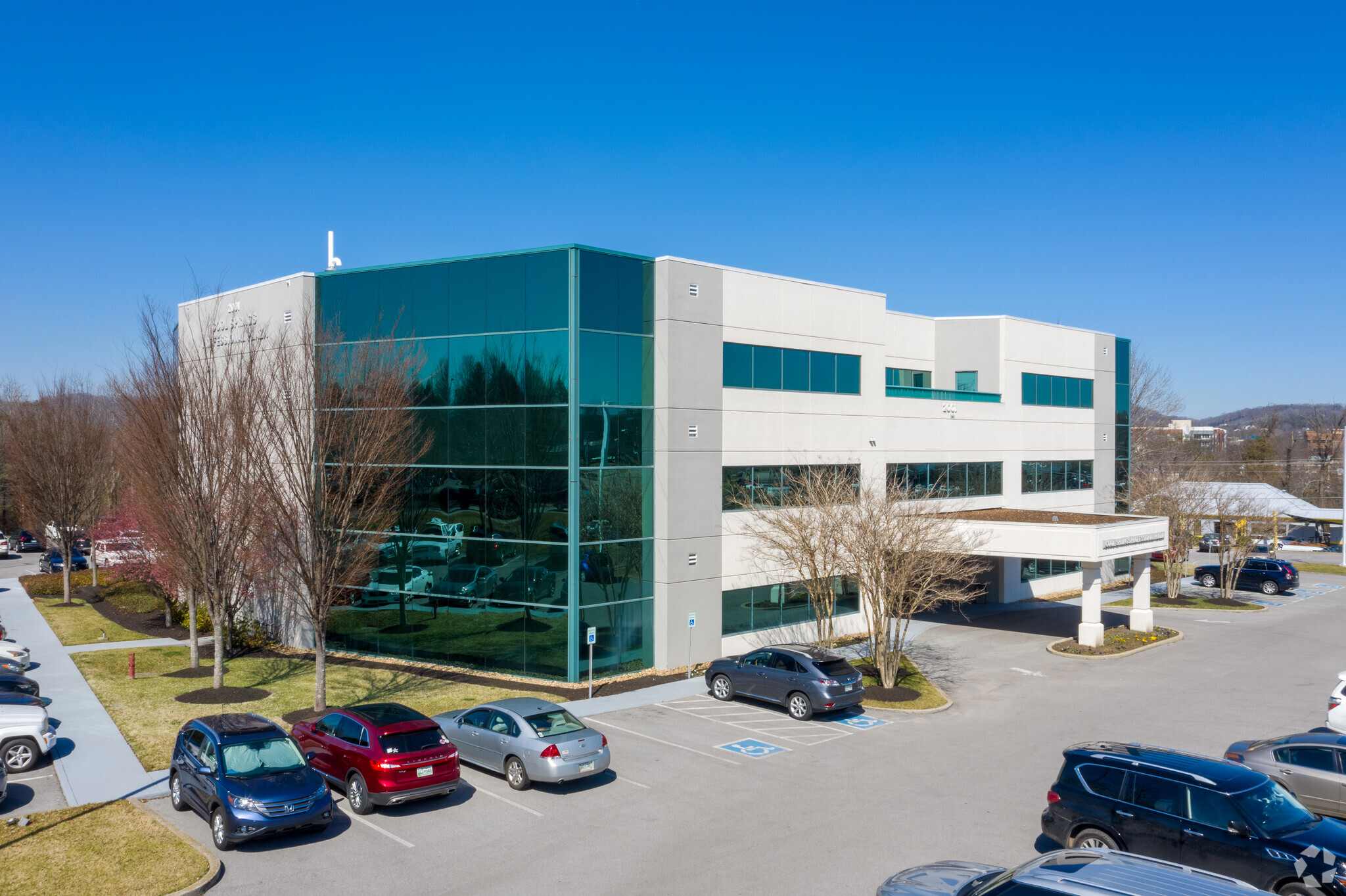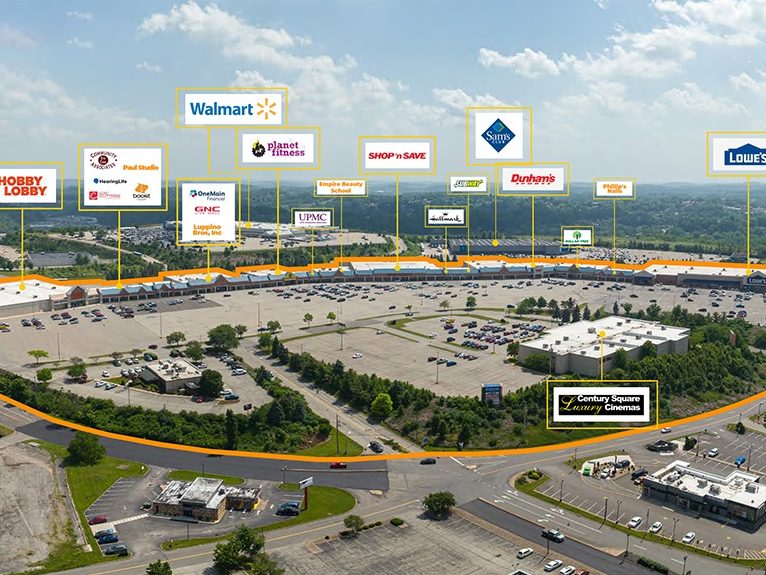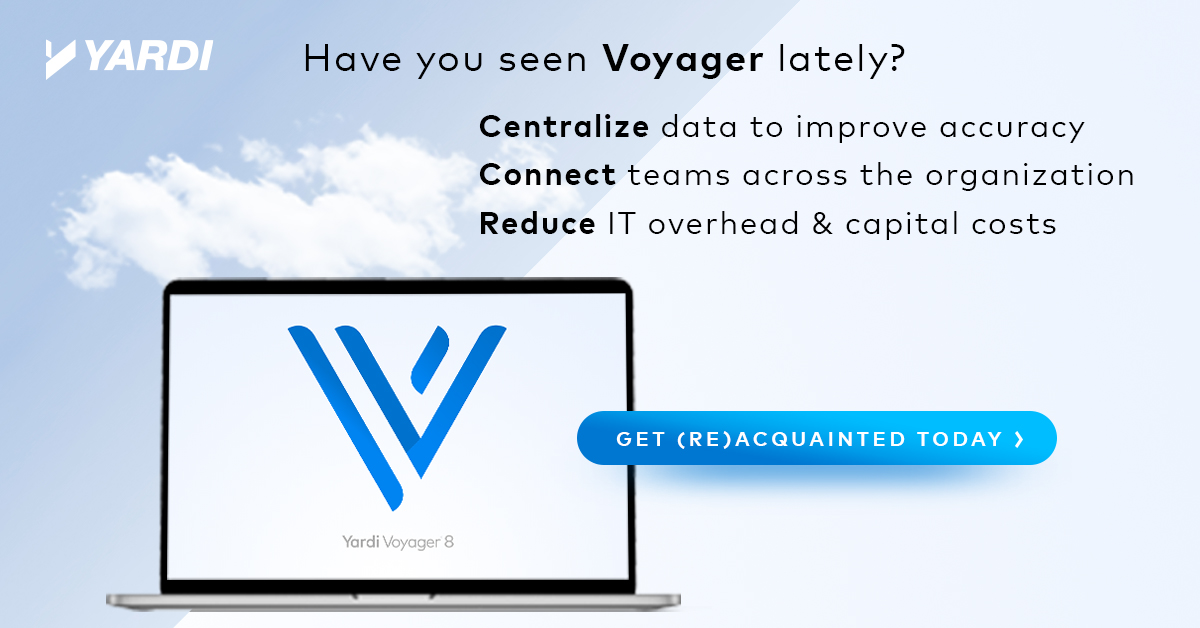The CDO Stack: Data Critical to ESG Success
The commercial real estate industry has made progress in addressing environmental data requirements, but we still have plenty of work to do.

John D’Angelo
Based on a flurry of conversations over the last few months, and for good reason, ESG seems to be on the minds of commercial real estate professionals. If you’re an investor, owner or operator of a public real estate company or planning to become publicly listed, recent activity from the Securities and Exchange Commission related to ESG reporting may have triggered your interest. If you missed it, in late March the SEC proposed a set of standardized ESG disclosures, accompanied by a relatively short comment period and subsequent implementation timeline.
Why am I talking about this in the CDO Stack? Because at the root of any ESG-related initiative or report is data. And I’ll bet that only a small fraction of you have solved the challenges of gathering this data, keeping it current, making sure it’s accurately and consistently reported, having a place to put it, agreeing on what it means, and using it for decision-making and reporting. Although all three aspects of ESG certainly have data requirements and challenges, I’m largely focused on the environmental component.
To set the scene, let’s take a romp down environmental memory lane. In the ’80s and ’90s, global warming didn’t have the attention it does today, and we were mostly concerned with removing carcinogens in the ground under our buildings, within existing structures and in our building materials.
In the 2000s, greenhouse gases, global warming and carbon footprints were new concerns in commercial real estate. Most large employers who use office space quickly figured out that their most significant contributions to greenhouse gases were from their employees getting to and from the office and the energy consumption and waste that these spaces created.
In the U.S., certification by the U.S. Green Building Council and compliance with the Global Real Estate Sustainability Benchmark came into play. And, as an industry, we started to evaluate the impact or relevance of these organizations, discern whether our efforts measured up and work on gathering data and responding to investor and tenant inquiries.
Although some of this happened in the ’80s and ’90s, CRE investors, owners and operators increasingly realized in the 2000s and 2010s that there is often a business case for making investments that also have an environmental benefit. Likewise, they grasped the idea hat environmental data metrics of both individual buildings and portfolios could be a way to gain market differentiation and access to capital. And today, we’re seeing firms rewarded by both public and private markets for superior environmental performance, and this has become part of the qualifying criteria for certain leasing decisions.
Why does this matter? Over the arc of those four decades, the industry has become much more sophisticated in understanding and addressing environmental data requirements, but the goal posts keep moving and we still have plenty of work to do. We should have done more earlier on, but we didn’t. As a business matures, environmental data collection is likely to remain a struggle.
Some of this data will come from outside your organization, from vendors and suppliers. And the sooner you know what that data is and who can provide it, the better. For the remaining data that you collect within your organization, you’ll probably find that at least some of it isn’t readily available. Either way, getting clarity about what you need or want to track, knowing how you’re going to use it and making it a priority at your organization is fundamental. And if you’re the CDO, it is likely your responsibility.
John D’Angelo is a managing director with Deloitte and is the firm’s real estate solutions leader, designing solutions to address client challenges and push the industry forward. With more than 30 years of experience as a management consultant to the global real estate industry, John has helped some of the biggest names in real estate leverage technology and use data to optimize and transform their operations.








You must be logged in to post a comment.